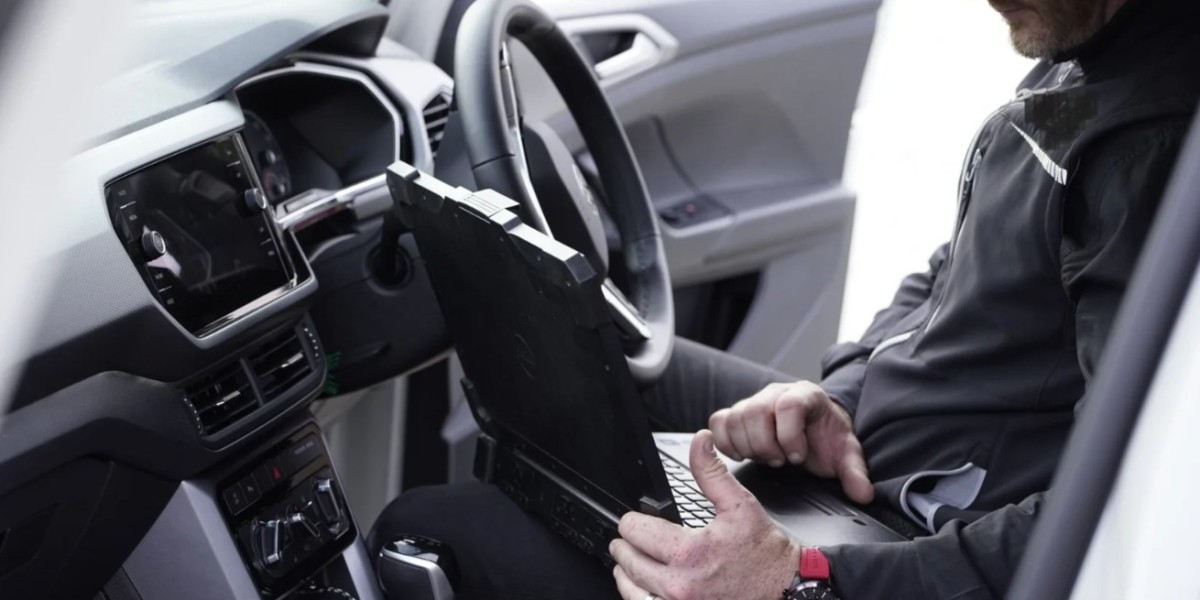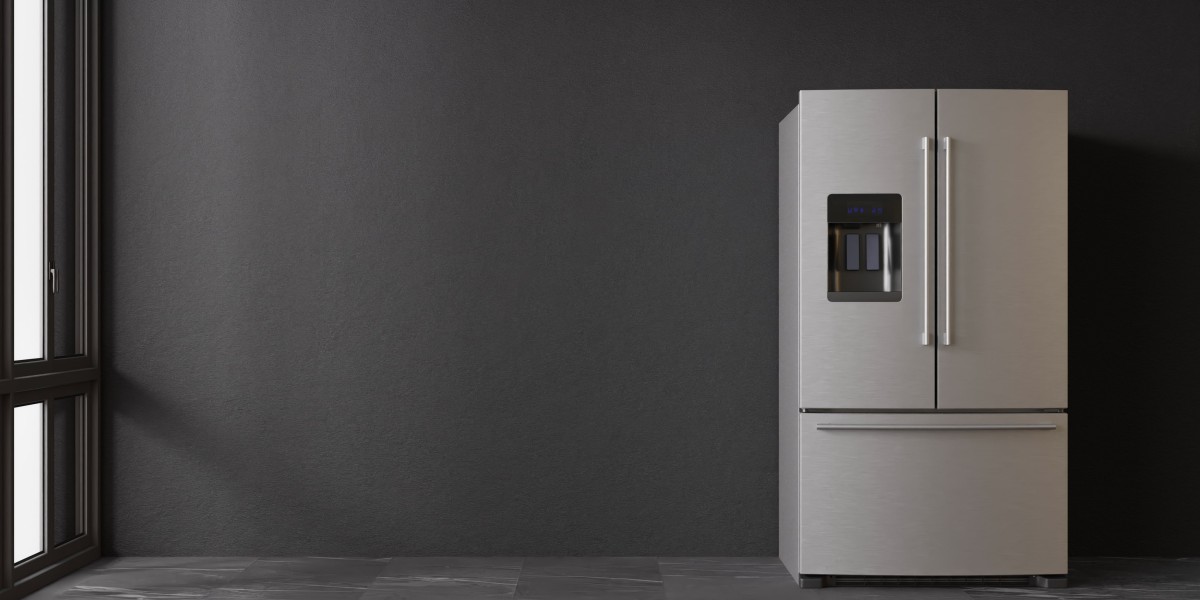Indonesia insists B40 biodiesel implementation to continue on Jan. 1

Industry participants seeking phase-in duration expect gradual introduction
Industry faces technical challenges and cost issues
Government financing concerns arise due to palm oil price disparity
JAKARTA, Dec 18 (Reuters) - Indonesia's strategy to broaden its biodiesel mandate from Jan. 1, which has actually fuelled issues it could suppress worldwide palm oil materials, looks significantly most likely to be implemented gradually, experts said, as industry individuals seek a phase-in duration.
Indonesia, the world's most significant manufacturer and exporter of palm oil, plans to raise the mandatory mix of palm oil in biodiesel to 40% - called B40 - from 35%, a policy that has actually triggered a dive in palm futures and might pressure rates even more in 2025.
While the government of President Prabowo Subianto has actually stated repeatedly the strategy is on track for full launch in the new year, industry watchers say expenses and technical difficulties are likely to result in partial implementation before complete adoption throughout the stretching island chain.
Indonesia's biggest fuel merchant, state-owned Pertamina, stated it requires to modify a few of its fuel terminals to blend and save B40, which will be finished during a "shift duration after government develops the mandate", representative Fadjar Djoko Santoso informed Reuters, without providing information.
During a meeting with government authorities and biodiesel producers last week, fuel sellers asked for a two-month shift duration, Ernest Gunawan, secretary general of biofuel producers association APROBI, who was in participation, informed Reuters.
Hiswana Migas, the fuel retailers' association, did not immediately respond to an ask for remark.
Energy ministry senior main Eniya Listiani Dewi informed Reuters the required hike would not be executed gradually, and that biodiesel producers are ready to provide the higher mix.
"I have actually verified the preparedness with all manufacturers last week," she said.
APROBI, whose members make fatty acid methyl ester (FAME) from palm oil to be combined with diesel fuel, stated the federal government has not issued allotments for manufacturers to offer to fuel retailers, which it usually has actually done by this time of the year.
"We can't perform without order files, and purchase order files are acquired after we get contracts with fuel business," Gunawan informed Reuters. "Fuel business can only sign agreements after the ministerial decree (on biodiesel allowances)."
The government plans to assign 15.62 million kilolitres (4.13 billion gallons) of FAME for B40 in 2025, Eniya told Reuters, less than its initial price quote of 16 million kilolitres.
FUNDING CHALLENGES
For the federal government, funding the higher mix might likewise be an obstacle as palm oil now costs around $400 per metric heap more than petroleum. Indonesia utilizes proceeds from palm oil export levies, handled by a company called BPDPKS, to cover such gaps.
In November, BPDPKS approximated it required a 68% boost in aids to 47 trillion rupiah ($2.93 billion) next year and estimated levy collection at around 21 trillion rupiah, fuelling market speculation that a levy walking is imminent.
However, the palm oil market would object to a levy hike, stated Tauhid Ahmad, a senior expert with think-tank INDEF, as it would hurt the industry, consisting of palm smallholders.
"I believe there will be a delay, because if it is implemented, the subsidy will increase. Where will (the cash) originate from?" he said.
Nagaraj Meda, managing director of Transgraph Consulting, a product consultancy, said B40 implementation would be challenging in 2025.
"The implementation might be slow and gradual in 2025 and probably more busy in 2026," he stated.
Prabowo, who took workplace in October, campaigned on a platform to raise the mandate even more to B50 or B60 to attain energy self-sufficiency and cut $20 billion of yearly fuel imports. ($1 = 16,035.0000 rupiah) (Reporting by Bernadette Christina; Editing by Tony Munroe and Lincoln Feast.)









